Much Ado about Dracula?
It’s 1883 and “Much Ado About Nothing” is on at the Lyceum theatre, London.
It features that great Victorian double act – Henry Irving (1838-1905) and Ellen Terry (1847 – 1928), while the “acting manager” at the theatre was a certain Bram Stoker, the author of “Dracula”.
-
![]()
Much ado near me
Hear more Shakespeare stories on BBC Radio London
-
![]()
Shakespeare Festival 2016
The BBC celebrates the genius of the bard
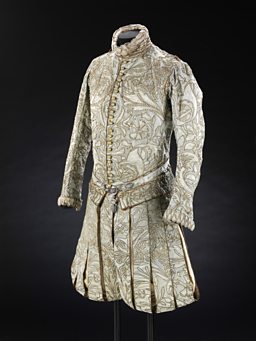
"A great famished wolf"
Irving and Terry had one of their greatest successes with this production, which was so beautifully staged that it revived interest in the play and it proved popular too – staying in their repertory till 1895.
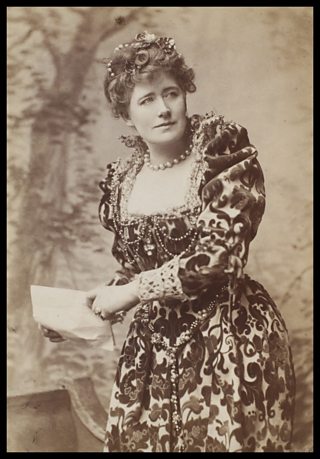
As one of the most famous actor managers running his own theatre, Irving loved spectacle.
He employed the best set designers, costume designers, composers and painters including the society darling of the day, Sir Lawrence Alma-Tadema.
As an actor he had marvellously expressive features and what is described as a mesmeric ability to control an audience.
When she saw his Macbeth, his co-star Terry called him “a great famished wolf”.
There was also another strong friendship at work behind the scenes. The “acting manager” at the theatre was a certain Bram Stoker, the author of “Dracula”.

Stoker – who was a drama critic - had met Irving in Ireland, after he had written a favourable review of the actor’s performance as Hamlet.
Stoker became acting manager and then business manager of the Lyceum Theatre, a post he held for 27 years.
He continued to write as well – a series of sensation novels the most famous of which was “Dracula”, written in 1897.
As Stoker watched the charismatic, saturnine actor on stage night after night, was he dreaming up Count Dracula?

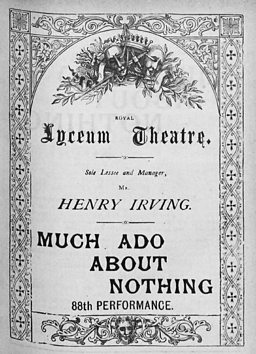
About Shakespeare on Tour
From the moment they were written through to the present day, Shakespeare’s plays have continued to enthral and inspire audiences. They’ve been performed in venues big and small – including inns, private houses and emerging provincial theatres.
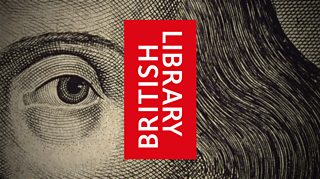
BBC English Regions is building a digital picture which tracks some of the many iconic moments across the country as we follow the ‘explosion’ in the performance of The Bard’s plays, from his own lifetime to recent times.
Drawing on fascinating new research from Records of Early English Drama (REED), plus the British Library's extensive collection of playbills, as well as expertise from De Montfort University and the Arts and Humanities Research Council, Shakespeare on Tour is a unique timeline of iconic moments of those performances, starting with his own troupe of actors, to highlights from more recent times. Listen out for stories on Shakespeare’s legacy on your BBC Local Radio station from Monday 21 March, 2016.
You never know - you might find evidence of Shakespeare’s footsteps close to home…
Craig Henderson, BBC English Regions
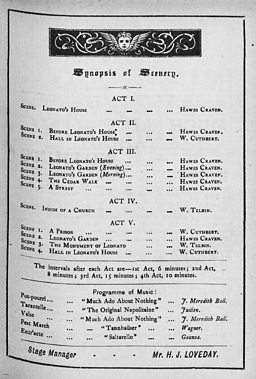
Related Links
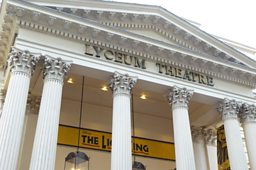
Shakespeare on Tour: Around London
-
![]()
The King's Men
When Shakespeare's players became the King's men and join the 1604 Coronation procession
-
![]()
The 1809 ticket price riots
The most famous riots in the history of theatre
-
![]()
Blossoming at the Rose theatre
The history of the Rose playhouse
-
![]()
Charles Kean
The London theatre manager not lost for words
-
![]()
A historic performance of Coriolanus in London
The last performance of Coriolanus before the French Revolution
-
![]()
London's Female Romeo
Charlotte Cushman, who took Victorian London by storm
-
![]()
Curtains for London's Newington Theatre
The closure of London's first purpose built theatre south of the Thames
-
![]()
Shakespeare's Players turned away from Kingston
The actors paid not to perform
-
![]()
Shakespeare and the 'Night of Errors'
A series of unfortunate incidents at Gray Hall
Shakespeare on Tour: Around the country
-
![]()
The 'Young Roscius' storms Manchester
Boy actor William Betty treads boards at ten
-
![]()
Will Kemp dances to Norwich
The journey of Shakespeare's former clown
-
![]()
Domestic Calamity postpones performance
Did the 'curse of Macbeth' strike?
-
![]()
Jonathan Miller and the Cambridge Footlights
Much ado about Jonathan Miller's Shakespeare















